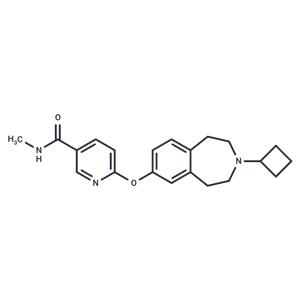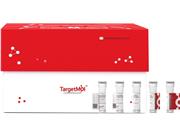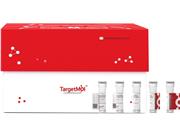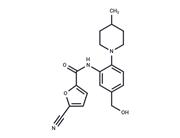| Name | GSK189254A |
| Description | GSK189254A (GSK189254) is a potent and specific histamine H3 receptor antagonist (pKi values: 9.59-9.90 and 8.51-9.17 for human and rat H3). |
| Animal Research | Pharmacokinetic studies with GSK189254 are conducted in conscious male Sprague-Dawley rats. Animals receive an intravenous infusion of GSK189254 (n=3) administered at a nominal dose level of 1 mg of free base/kg for 1 h via the femoral vein cannula (10 mL/h/kg). GSK189254 is dissolved in 0.9% (w/v) saline at a target concentration of 0.1 mg free base/mL and filtered with a 0.22-mm Millex-GV filter before administration. After an ish out of at least 2 days, the same rats received a single oral administration of GSK189254 by gastric gavage to achieve a target dose of 2 mg of free base/kg. GSK189254 is formulated in 1% (w/v) aqueous methylcellulose at a target concentration of 0.4 mg free base/mL [1]. The vehicle consists of 0.05 mL NaCl at 0.9% containing methylcellulose at 1%. GSK189254 is a dissolved in-vehicle solution. The effects of acute and repeat administration of GSK189254 on the sleep-wake cycle in wild-type (Ox+/+) and orexin knockout (Ox?/?) mice is investigated. GSK189254 (3 and 10 mg/kg, p.o.) is administered on the sleep-wake cycle in Ox+/+ and Ox?/? mice, dosed at 10 h. The oral administration dose of GSK189254 is 10 mg/kg [2]. |
| In vitro | GSK189254 has a high affinity for both recombinant H3 receptors expressed in HEK-293-MSR-II cells and native H3 receptors expressed in the cerebral cortex of several species. GSK189254 generally exhibits a higher affinity for human and pig H3 receptors compared with mouse, rat, and dog H3 receptors. GSK189254 may have therapeutic potential for the symptomatic treatment of dementia in Alzheimer’s disease and other cognitive disorders [1]. |
| In vivo | In both Ox+/+ and Ox?/? mice, acute GSK189254 administration effectively increases wakefulness and reduces both slow wave and paradoxical sleep comparably to modafinil, additionally decreasing narcoleptic episodes in Ox?/? mice [2]. At doses ranging from 0.3 to 3 mg/kg administered orally, GSK189254 enhances the release of acetylcholine, noradrenaline, and dopamine in the anterior cingulate cortex, and elevates acetylcholine levels in the dorsal hippocampus. Significantly, GSK189254 enhances rats' cognitive performance across various paradigms, including passive avoidance, water maze, object recognition, and attentional set shift tasks [1]. |
| Storage | Powder: -20°C for 3 years | In solvent: -80°C for 1 year | Shipping with blue ice. |
| Solubility Information | DMSO : 24 mg/mL (68.29 mM), Sonication is recommended.
|
| Keywords | Histamine Receptor | GSK-189254A | inhibit | GSK-189254 | GSK 189254 | Inhibitor | GSK189254A |
| Inhibitors Related | Chlorphenesin | Meclizine dihydrochloride | Mirtazapine | Lidocaine | Famotidine | Mebhydrolin napadisylate | Sodium butanoate | Amitriptyline hydrochloride | Nizatidine | Alginic acid | Trazodone hydrochloride | Mianserin hydrochloride |
| Related Compound Libraries | Bioactive Compound Library | Anti-Neurodegenerative Disease Compound Library | Pain-Related Compound Library | Membrane Protein-targeted Compound Library | Anti-Cancer Clinical Compound Library | Drug Repurposing Compound Library | Inhibitor Library | Bioactive Compounds Library Max | GPCR Compound Library | Anti-Cancer Drug Library |
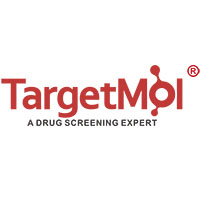
 United States
United States
